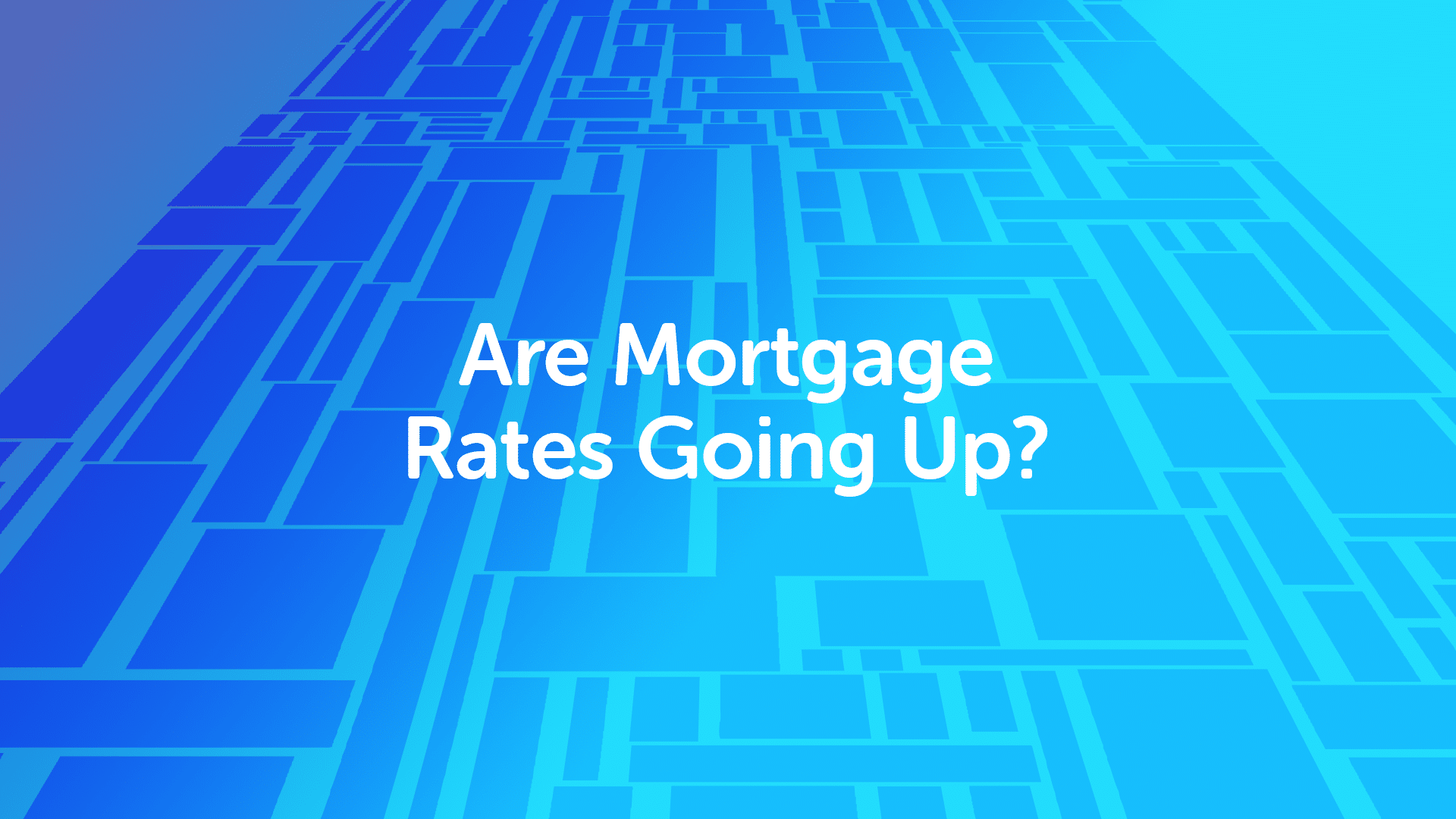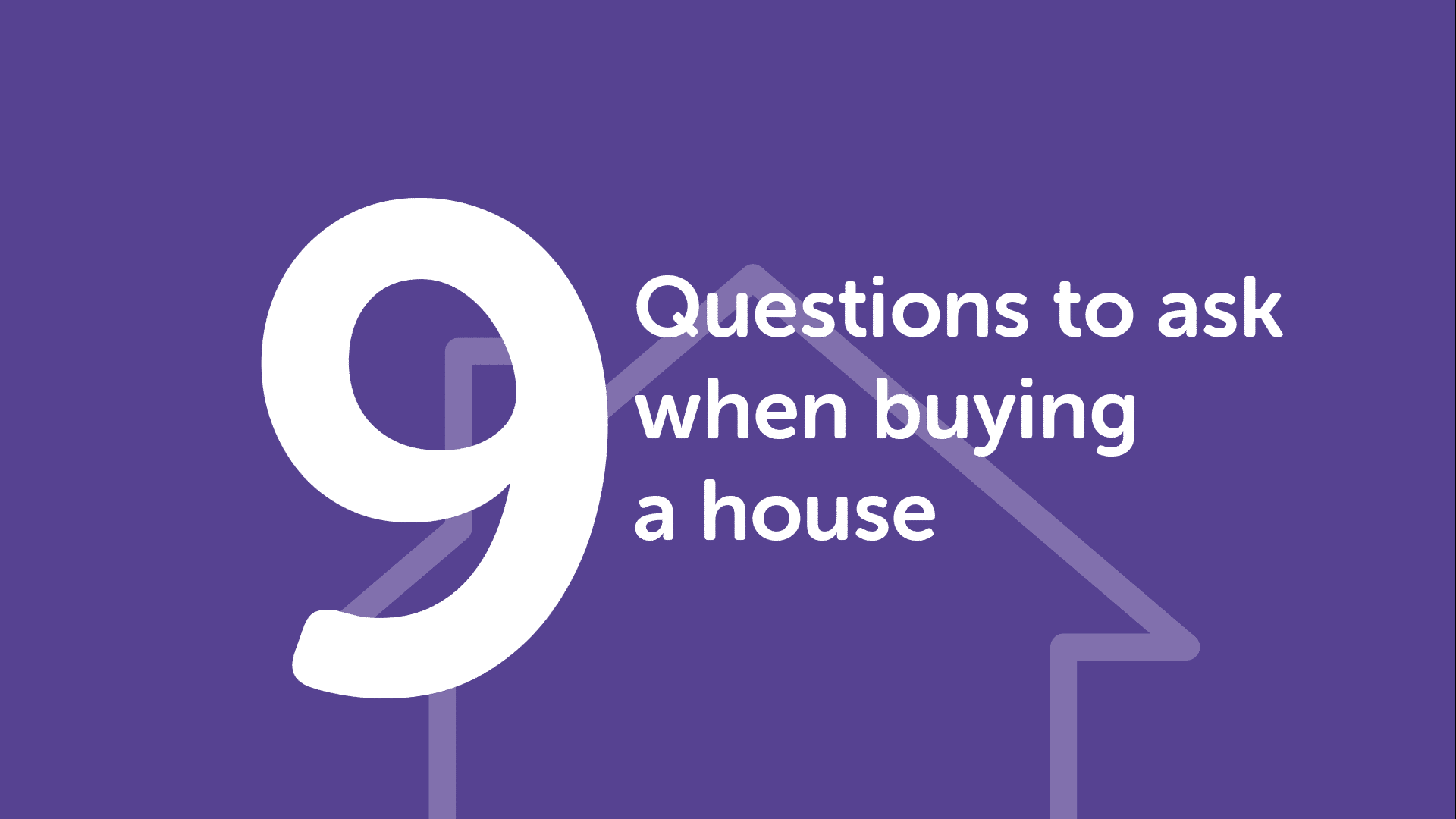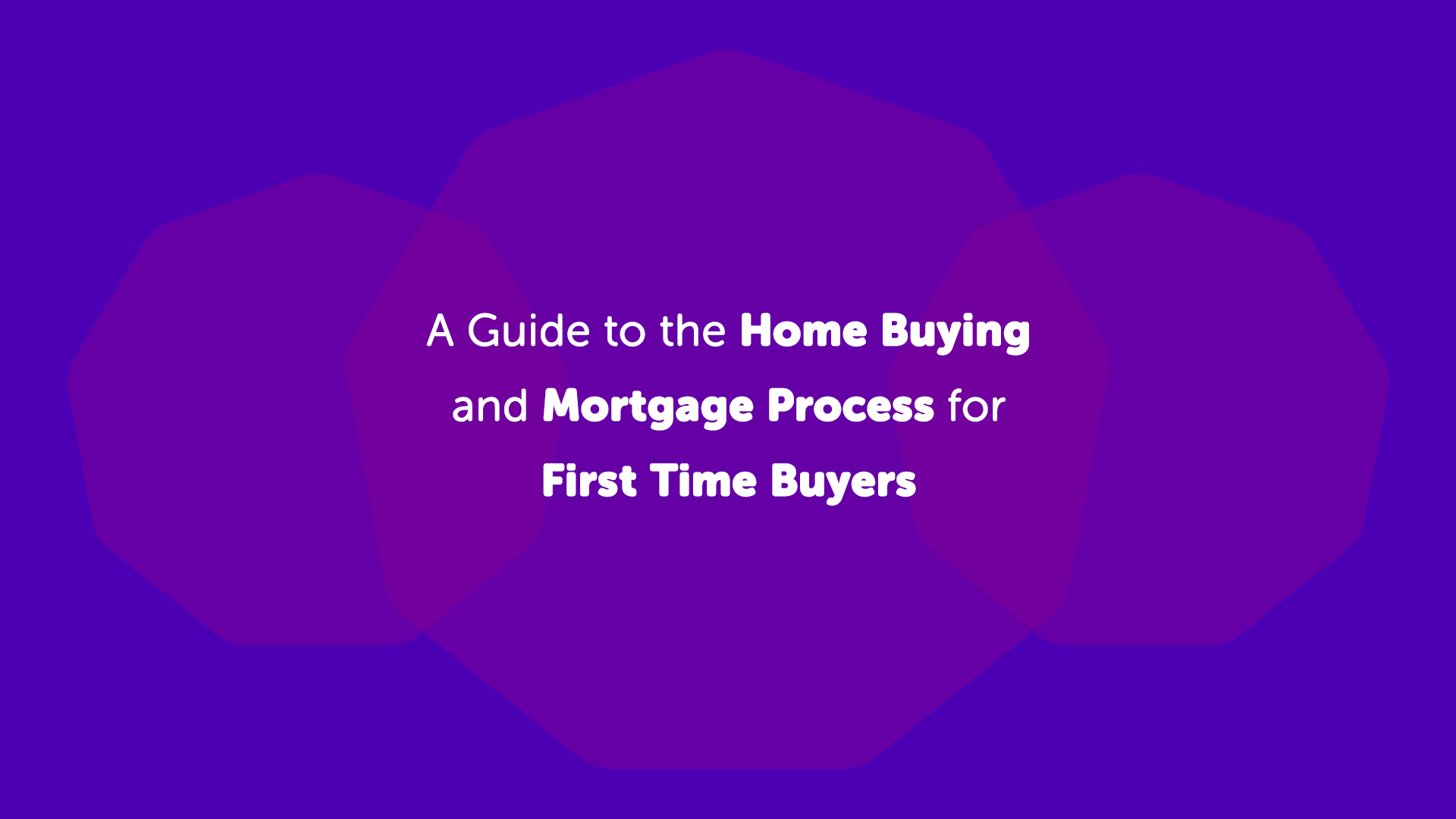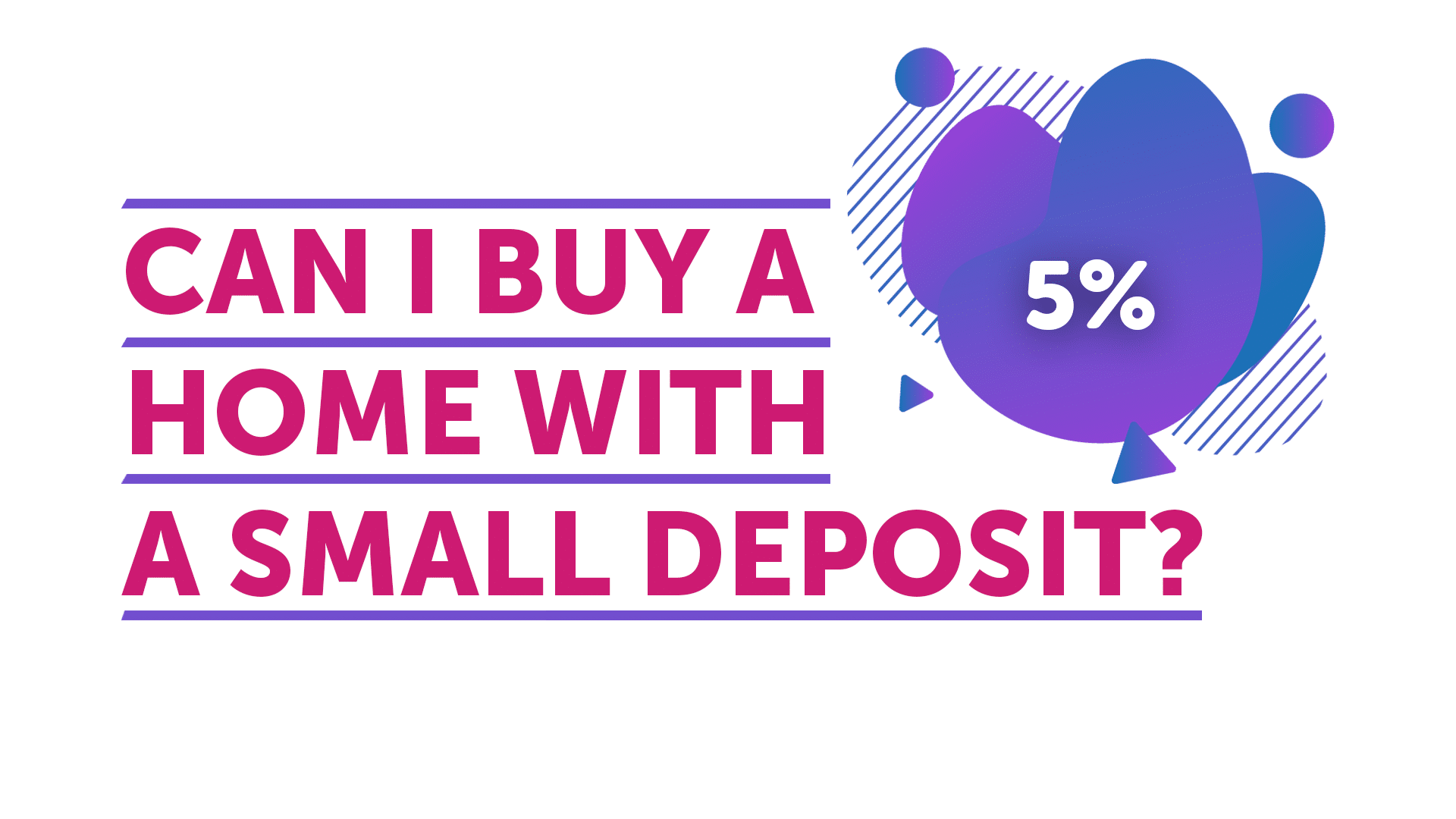A default is a notice that you will receive if you are in breach of a credit agreement.
When taking out credit, you will have to confirm that you will be able to pay the funds back. If you cannot do this, you are breaching the agreement between yourself and the creditor. The default will appear on your credit file; once it does, your overall credit rating and score will be severely impacted.
When issued a default, you will get the opportunity to “satisfy” the default, or in other words, pay it off. A satisfied default will still have a negative effect on your credit rating.
Can I get a mortgage in Birmingham with a default?
During your mortgage application, one of the main things that your lender/mortgage broker in Birmingham will look at is your credit history. You should know that the better your credit history, the easier it should be to obtain a mortgage.
A mortgage is a huge financial commitment that can last over 25 years. Your credit history will show that you have received default and have breached a credit agreement; they will even be able to see why you have received a default.
It’s all about risk. Lenders need to know that you are a reliable applicant before lending to you. This is why they will also consider how long ago the default was issued. If the default has recently been issued, your chances of getting a mortgage are very low. Lenders will be more likely to accept your application if your default was issued a long time ago. On the other hand, this is not guaranteed, it depends on your circumstances and the mortgage lender.
What impact does a default have on my mortgage application?
A default in your name immediately impacts the lenders you can and cannot access. You will have to limit yourself to specialist lenders and those accepting applicants with bad credit in Birmingham.
As a Specialist Mortgage Broker in Birmingham, we have a large panel of specialist lenders, each with their own unique mortgage deals. Some of these products may be able to help you get a mortgage with a default.
Generally, these products come with high rates of interest early on. When it comes to the time, there are many reasons to consider a remortgage, you may be able to find a new product with a competitive rate of interest. Your default may be cleared from your file by this point too.
Does the type of default make a difference?
Remember that lenders can see the reason why you have been issued with a default. This could make a difference in your ability to get accepted for a mortgage.
Some lenders may be more lenient with you if you have received a default due to missing a mobile phone payment over a mortgage payment. The more serious the default, the less likely a lender is going to accept you.
Usually, most lenders treat defaults equally. At the end of the day, you have received a default for failing to meet a credit agreement. Most lenders will not want to take the risk in case this happens with your mortgage payments.
What if I’ve not satisfied my default?
If you have not satisfied your default, your mortgage options in Birmingham may be even more limited. You may need to opt for a bad credit mortgage in Birmingham. Contact us for First Time Buyer Mortgage Advice in Birmingham in this case, we can also look into helping applicants who are Self Employed in Birmingham too.
Lenders mainly focus on the date that the default was issued over whether or not it has been satisfied. You may have more chance of being accepted if your default was years ago rather than if you received it last week. If you do satisfy your default, your lender will be able to see “satisfied” next to it on your credit file.
How long will a default remain on my credit file?
Typically, a default will remain on your credit file for 6 years. Even if you have satisfied this default, it will still remain on your file.
This does not mean that you will be unable to get a mortgage during this period. There are sometimes alternate mortgage options available through specialist lenders. At the end of the day, you have a default on your file, you may have to be patient.
How soon after a default will I be able to get a mortgage?
There is no exact length of time, you will just have to find the right lender. We can try and help with this. As a Mortgage Broker in Birmingham, we have many different specialist lenders on panel that we can access for you.
As time passes, if you do not manage to get a mortgage with a default in your name, you can spend time rebuilding your credit score. This will show lenders that you are improving how you manage your finances and it could allow you to access better rates.
Tips for Improving Your Credit Score
Upon receiving a default, your credit score will massively dip. It may stay like this for a long time too. This is why we suggest trying methods to Improve Your Credit Score in Birmingham within the 6 years of the default being associated with your name. A good way to start is to satisfy it straight away.
You may need to wait for the 6 years to pass until you see a difference. If this is the case, you should make sure that you are registered for the electoral roll and that your addresses are the same across your credit and store accounts.
You could even take out the lowest limit credit card available to you at your bank, and only use it for essentials such as shopping and paying it back in full each month. It may take some time, but you should see your credit score improve.
Have a default? Book a Free Mortgage Appointment in Birmingham
If you have a default in your name and want to see whether you are able to get a mortgage, feel free to get in touch with our team or alternatively, book a free mortgage appointment online to speak with one of our Specialist Mortgage Advisors in Birmingham today. We are available 7 days a week, so choose a date and time that suits you and your personal situation.
Date Last Edited: December 6, 2023















